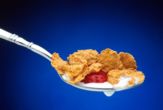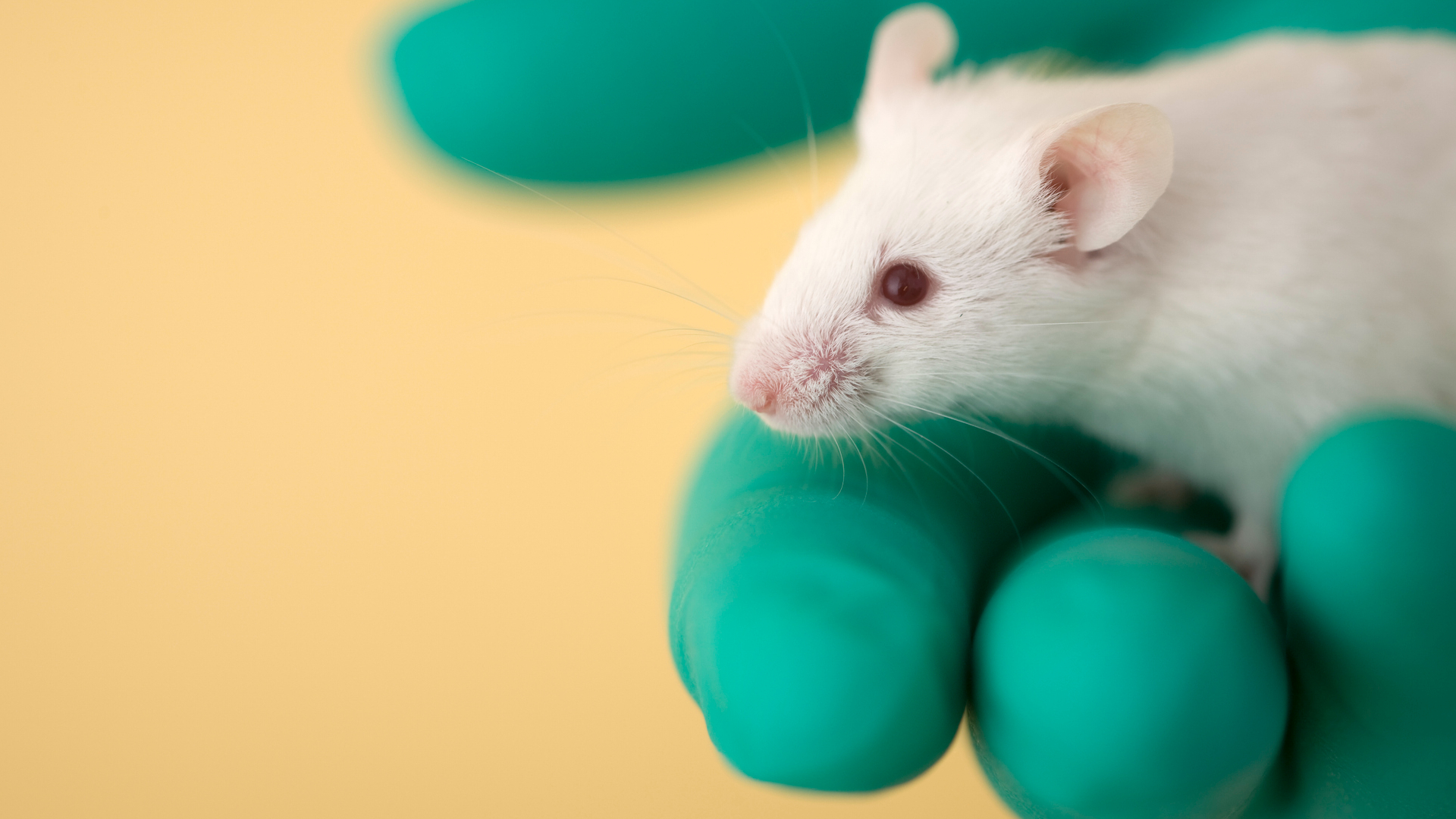Free Food: Packaging Labels Contain Errors

Get the world’s most fascinating discoveries delivered straight to your inbox.
You are now subscribed
Your newsletter sign-up was successful
Want to add more newsletters?

Delivered Daily
Daily Newsletter
Sign up for the latest discoveries, groundbreaking research and fascinating breakthroughs that impact you and the wider world direct to your inbox.

Once a week
Life's Little Mysteries
Feed your curiosity with an exclusive mystery every week, solved with science and delivered direct to your inbox before it's seen anywhere else.

Once a week
How It Works
Sign up to our free science & technology newsletter for your weekly fix of fascinating articles, quick quizzes, amazing images, and more

Delivered daily
Space.com Newsletter
Breaking space news, the latest updates on rocket launches, skywatching events and more!

Once a month
Watch This Space
Sign up to our monthly entertainment newsletter to keep up with all our coverage of the latest sci-fi and space movies, tv shows, games and books.

Once a week
Night Sky This Week
Discover this week's must-see night sky events, moon phases, and stunning astrophotos. Sign up for our skywatching newsletter and explore the universe with us!
Join the club
Get full access to premium articles, exclusive features and a growing list of member rewards.
Consumers are either getting ripped off or eating free food when they buy certain products. According to recent study, the labels on a sampling of single serving foods reported their true weight only about a third of the time.
Free food might sound like a bonus, but scientists say that for people with chronic conditions or diseases, excess food could add to their diet difficulties.
"Our results show that people with diabetes, or others who are trying to precisely control their diet should weigh their own food and not rely on the labels," Joan Conway, a research chemist with the USDA, told LiveScience.
In the interest of efficiency in her own studies of diet and lifestyle, Conway and her colleagues tested 99 single-serving foods to find out if the amount printed on the package was the amount of food inside.
"We thought if we could use pre-packaged foods in our own studies, it would save us a lot of time," Conway said.
The study, detailed in the Journal of the American Dietetic Association, found 37 labels were accurate, 15 were underweight, and 47 were overweight.
Although federal regulations say most of the foods tested can vary by no more than 10 percent, many of the food labels had much greater discrepancies.
Get the world’s most fascinating discoveries delivered straight to your inbox.
Breakfast cereals, slices of bread, and pre-packaged breakfast items were three of the heaviest groups, varying by as much as 72 percent of what their labels reported. That is an excess of as many as 100 calories.
Lightweight foods, pre-cooked bacon and bologna missed their mark by as much as 25 percent.
"It is the responsibility of the companies to have truth in advertising," Conway said. "The FDA does random testing and the National Institute of Standards and Technology sets how much a food can fall above or below the amount it is said to contain, but there is not a lot of oversight."
 Live Science Plus
Live Science Plus










